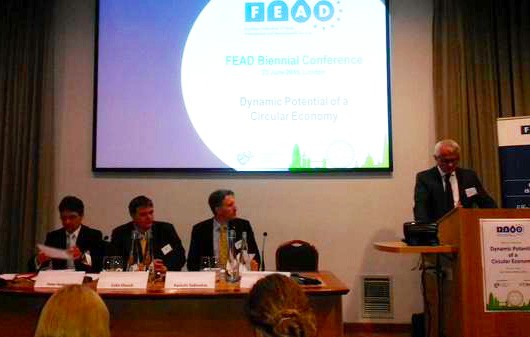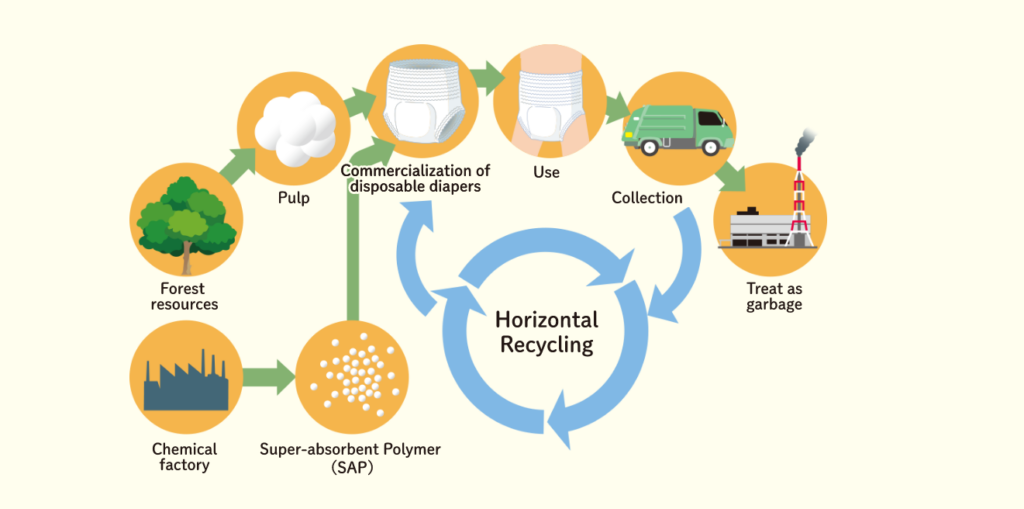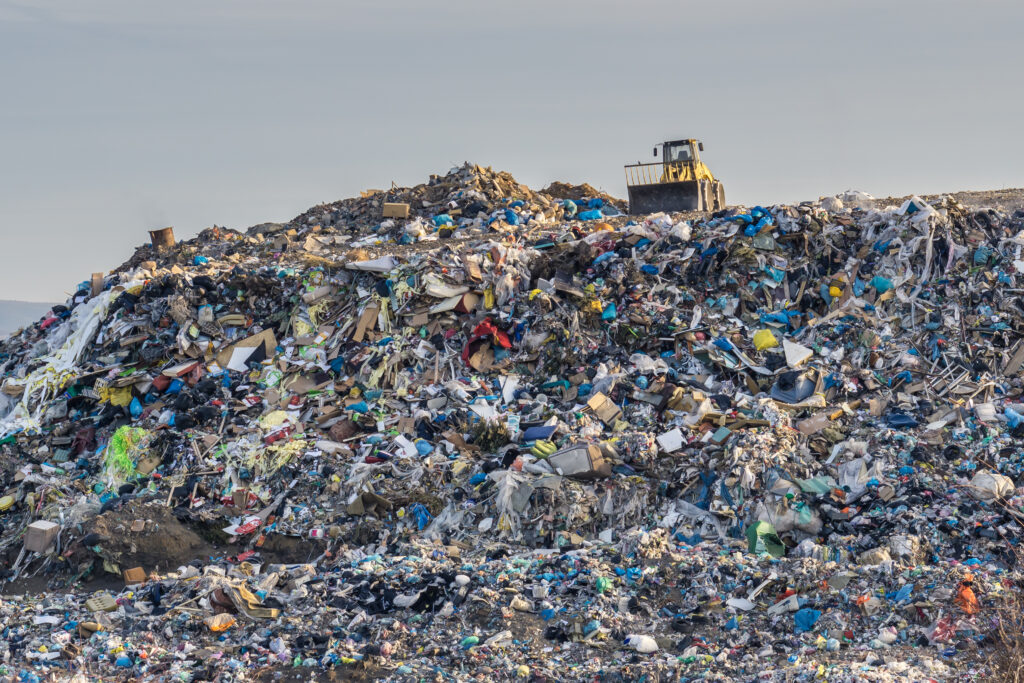
Speaking at the FEAD annual conference of the European waste management industry in London yesterday (June 23), FEAD administrative council member Peter Hodecek indicated that money invested by the EU in countries such as Romania and Hungary is not being spent on new recycling infrastructure and technology.
He added that the public sector subsidies to these countries have in turn discouraged investment by private sector companies – creating a market distortion.
Mr Hodecek continued that a number of Central and Eastern European member states were relying heavily on imports of refuse-derived fuel from the UK and Western Europe as well as long-term landfill disposal contracts. He estimated that the Czech Republic has enough landfill capacity to last until ‘2050 or even 2060’.
Mr Hodecek said: “In Central and Eastern Europe enforcement [of resources investment] is lagging far behind, with public companies using subsidised investments on the non-subsidised competitive market.
“Central and Eastern Europe have to introduce landfill fees and put an end to varying levels of contrubitions for public and private investors to give them equal treatment. There should be controls of EU subsidised investments.”
‘Time-consuming’
Mr Hodecek was joined on the panel by Kestutis Sadauskas, the European Commission’s DG Environment green economy director, and Colin Church, director of resource, atmosphere and sustainability at Defra.
Responding to the concerns raised by Mr Hodecek and delegates in the audience, Mr Sadauskas said that EU funding had ‘never been perfect’ adding that to scrutinise every waste project would be a ‘time consuming’ process.
He said: “It would be interesting to hear from the municipalities and to hear their side of the story. As for the EU funding, it’s never been perfect. It’s meant to give some public utilities a boost in the countries that can’t afford them. Of course this investment needs to be monitored more than ever before.
“To go into each individual project is quite time-consuming as you can imagine. If there are mistakes that have been made what needs to be done is draw lessons from it and make sure the multi annual cycle of investment is done though very intelligent planning.”
‘Sexy products’
Meanwhile, Dr Church was asked how the circular economy, in particular product redesign, could be made more attractive to consumers in the UK.
He said: “I’m not an advertising executive. But fundamentally it’s about sexy products, if it looks wonderful then it has a better chance of appealing to consumers.”
Sponsored by Suez and in cooperation with the Environmental Services Association, the FEAD Conference is a two day event with the focus this year on stimulating circular economy investment at an EU level.










[…] Source: letsrecycle.co.uk […]